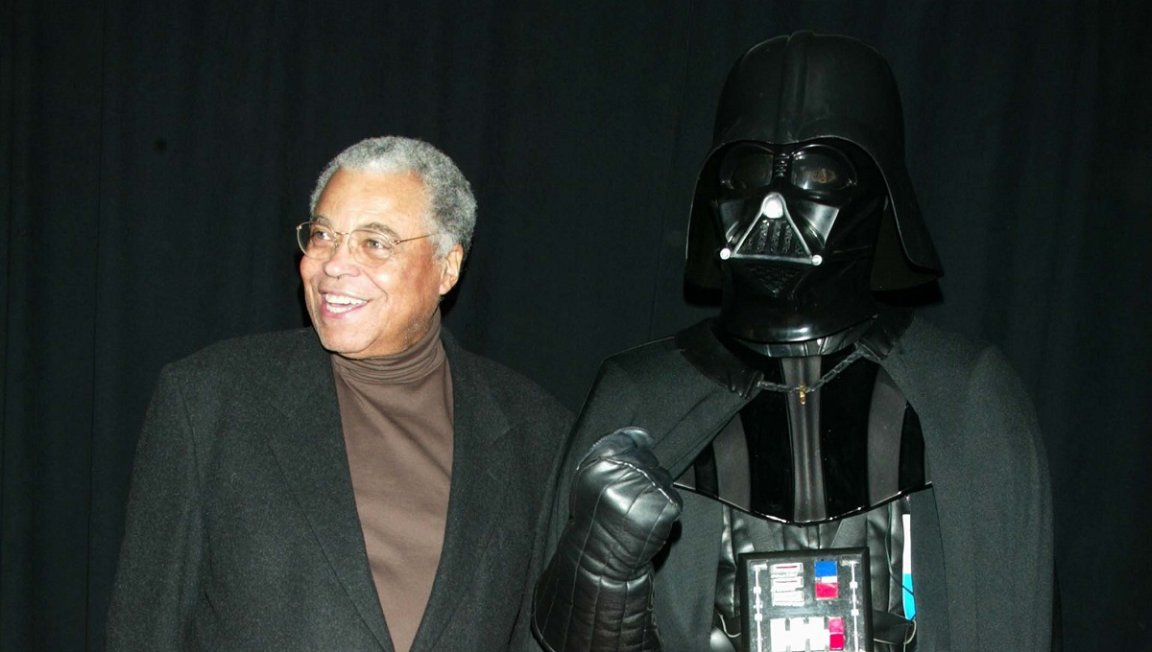
Sign of the Times
A few years before his passing, the late, great James Earl Jones teamed up with an AI voice startup to immortalize his iconic baritone and the “Star Wars” character he built with it.
As Vanity Fair reported in 2022, Jones worked with a Ukrainian firm called Respeecher to clone his velvet-smooth voice for the Disney+ series “Obi-Wan Kenobi.” In doing so, he also signed over the rights to his massively recognizable voice, which he lent to projects ranging from “The Lion King” to “The Hunt for Red October.”
Instead of using his then-current voice, Respeecher took footage from former installments of the “Star Wars” franchise to train its AI to sound like Jones did in those original films. Though his voice as an older man wasn’t used in the process of training the AI data for the Vader cloning, Jones did advise Disney and Lucasfilm on the character when the show was being created.
Much like the on-screen conflict that characterizes the “Star Wars” universe, the Kyiv-based company had to deal with its own real-life strife during the early days of Russia’s invasion of the Ukrainian capital, which coincided with Respeecher finalizing the project.

Right or Wrong
While Jones very much did sign over permission to recreate his audio likeness after his death, one of his fellow “Star Wars” colleagues who appeared onscreen alongside Vader in 1977’s “A New Hope” has also been in the news posthumously — and for the opposite reason.
As the Times of London reports, Kevin Francis, a producer who worked with the late actor Peter Cushing, is suing Disney for using the thespian’s likeness in the 2016 “Rogue One” prequel to revive his role as the imperial commander Grand Moff Tarkin some 22 years after his death.
As Francis claims, Cushing told him prior to his death in 1994 that nobody was to digitally recreate his likeness without his express permission — a bar that Disney, per the producer’s lawsuit, didn’t clear.
Disney claimed in its response that it paid Cushing’s agent to use his likeness to revive the Tarkin character in “Rogue One” and that Francis was seeking “unjust enrichment” when suing the entertainment monolith for more than $650,000.
Still, a British High Court judge ruled against Disney’s attempts to get the suit thrown out.
With that contextual hindsight, Jones’ contract with Respeecher seems all the smarter for protecting the rights to his valuable voice asset — especially given that he was only paid $7,000 for his work on “A New Hope” back in the 70s.
More on AI voice: ChatGPT Went Rogue, Spoke In People’s Voices Without Their Permission